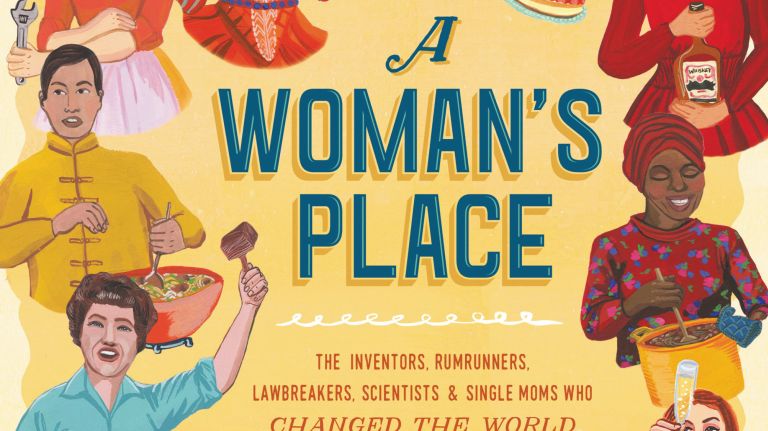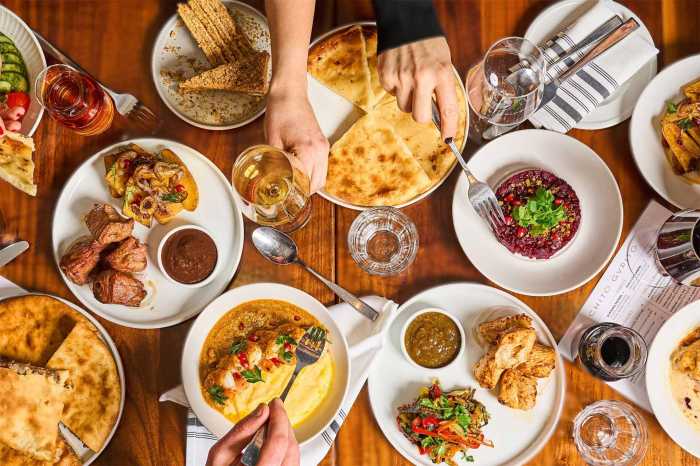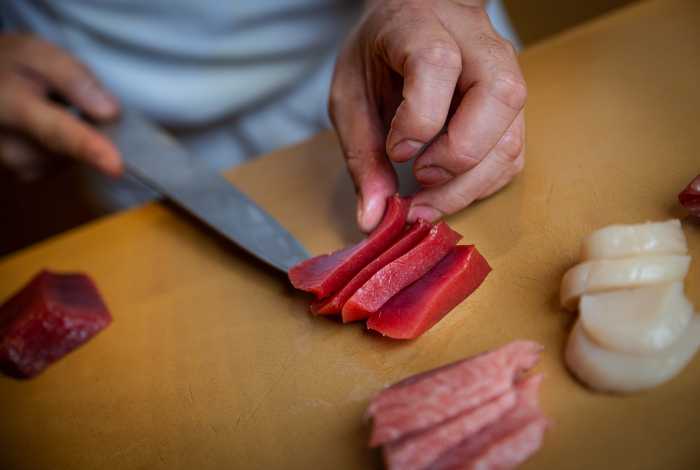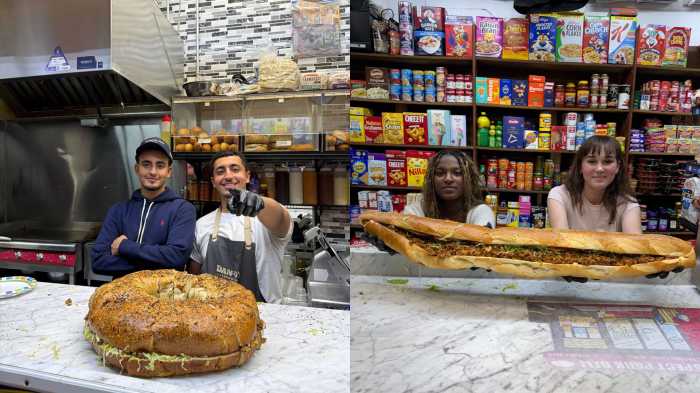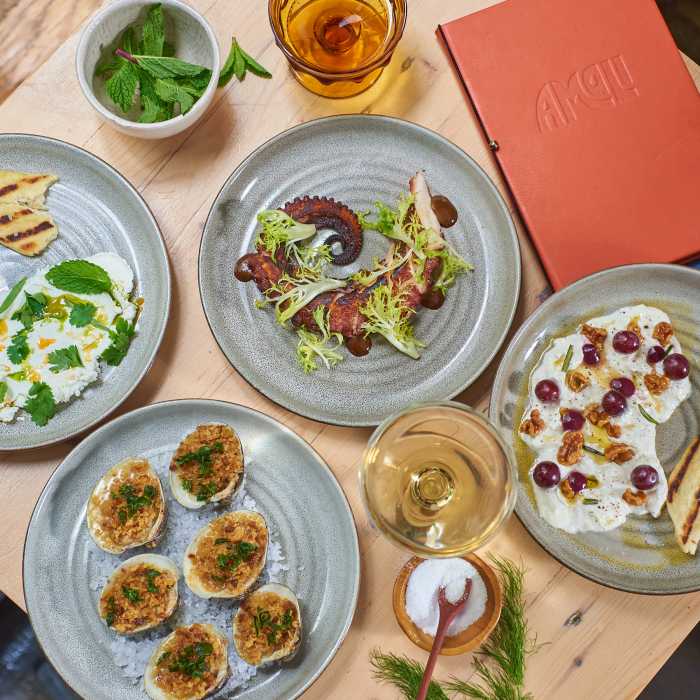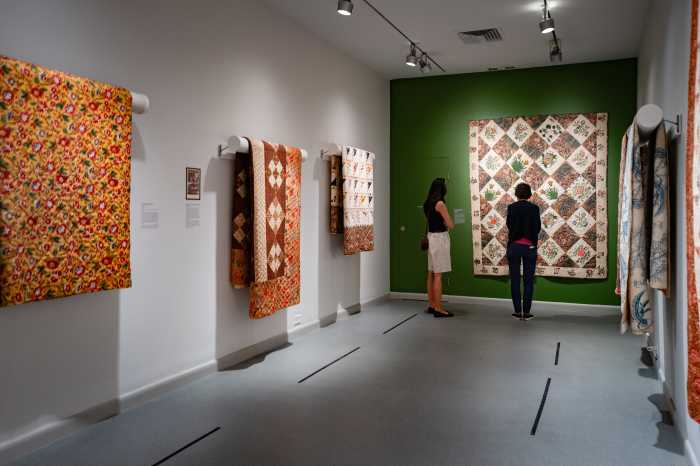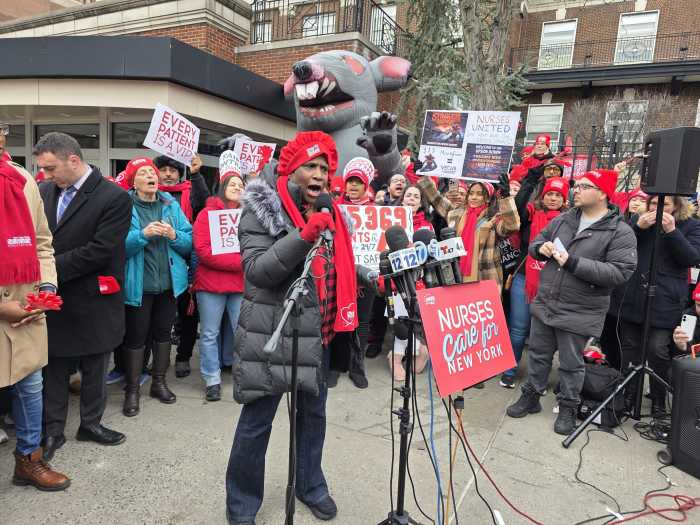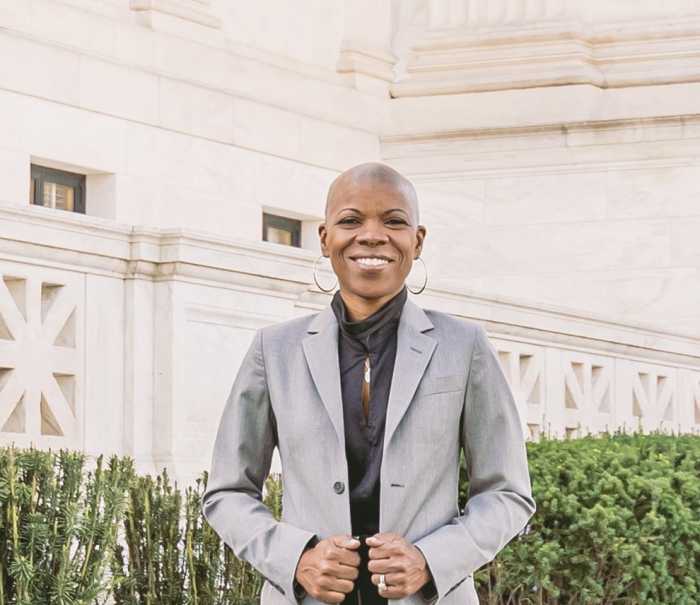
Two food writers are giving the adage “a woman’s place is in the kitchen” a feminist twist.
Co-authored by Life & Thyme’s Stef Ferrari and Deepi Ahluwalia, “A Woman’s Place: The Inventors, Rumrunners, Lawbreakers, Scientists, and Single Moms Who Changed the World with Food," out March 5, is an anthology on female culinary innovations, with profiles of women from various backgrounds and time periods.
amNewYork spoke to Ferrari, who lives in Cobble Hill, about six whose stories connect to NYC.
Pauline Morton Sabin (1887-1955), socialite involved in repealing Prohibition
“I think there’s this notion that, across the board, all women supported and advocated for Prohibition. But Pauline’s story is fascinating because she saw it as ineffective and ultimately argued that it caused greater problems by creating opportunities and motivation for criminal behavior. Pauline rallied more than a million women who shared that belief and worked toward Prohibition reform.”
Esther Eng (1914-1970), film director and restaurateur
“She was a daughter of Chinese immigrants in San Francisco. She took up filmmaking and moved to New York and recognized that a lot of the Chinese actors that she had been working with were struggling financially. She opened a restaurant almost as a platform to give them a place to work and hone their English, so that when they went to acting gigs they could communicate better. She wound up opening several restaurants in New York. Esther lived openly as a lesbian as well. She faced quite a lot of adversity in her day, and her legacy is one of inclusivity, empathy and, of course, food!”
Edna Lewis (1916-2006), chef at Café Nicholson and Gage and Tollner

“Edna’s influence simply can’t be overstated. She showed people the scope of Southern cuisine beyond the stereotypical ‘soul food’ — though you could hardly imagine saying her food was without soul! She was far ahead of her time in demonstrating that restaurant meals could focus on fresh and seasonal cooking. Her work helped make Café Nicholson legendary. It was a hangout for Tennessee Williams, Capote, Brando, Garbo, Dietrich — you name it. They all came for her food.”
Judith Jones (1924-2017), Alfred A. Knopf editor who oversaw cookbooks by the likes of Julia Child and Edna Lewis

“She was such a visionary when it came to identifying these powerful voices in food. She was such a champion, and as an editor, she helped find, support and propel these women to the culinary world’s stage. It’s because of Judith that we have some of the most important cookbooks of our time — not to mention a window into other worlds and cultures through their cuisine.”
Dorothy Cann Hamilton (1949-2016), founder of the International Culinary Center
“Dorothy was a woman who knew the one thing all great entrepreneurs must know: how to identify and fill a need. After she traveled to France, she recognized that American culinary schools couldn’t hold a candle to what she’d seen abroad. Because of her decision to come back and launch the French Culinary Institute in NYC (now the International Culinary Center), we have some of our most famous chefs — including New York icons like Christina Tosi and Bobby Flay.”
Ruth Reichl, 71, James Beard Award-winning food writer and NYC native
“Ruth showed up at a time when food books and magazines were almost exclusively about recipes. She showed the humanity behind food, and really helped create modern food journalism, by demonstrating through her work at Gourmet as well as her time at The New York Times, that there were real stories and lessons to be learned about people and culture from the food world.”
SAVE THE DATE
Deepi Ahluwalia and Stef Ferrari discuss "A Woman’s Place" on March 22 at 7:30 p.m. at Books Are Magic | 225 Smith St., Cobble Hill, booksaremagic.net



